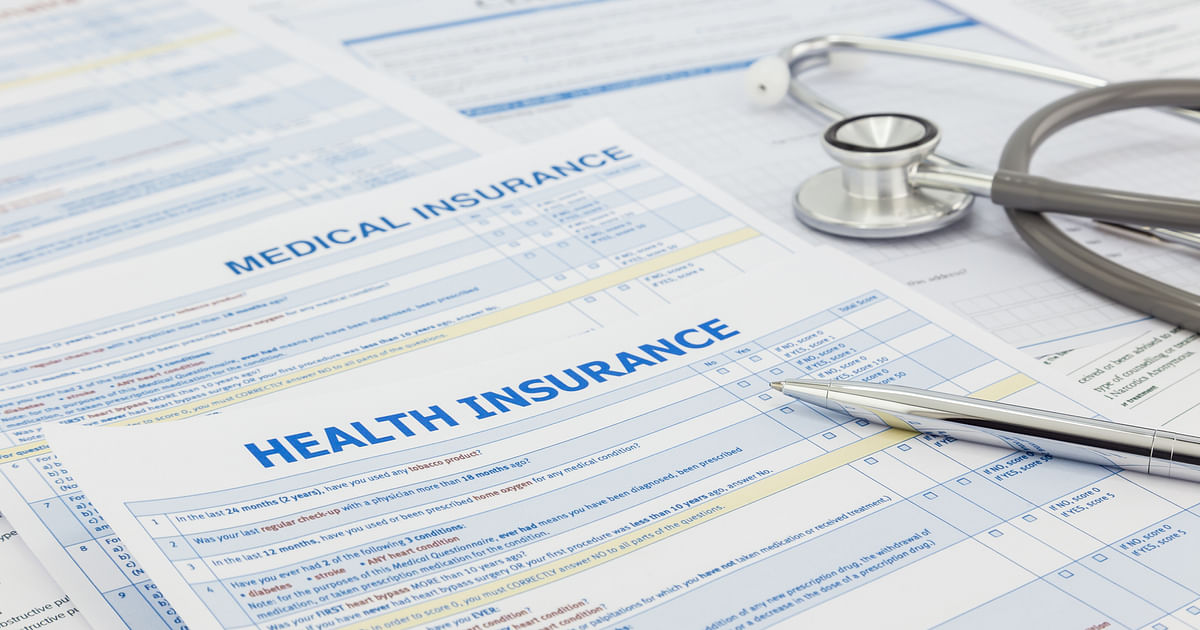65+ Vermont Low-Income Residents Suffer Surge in Health Costs

- A Vermont state policy reduces health care subsidies for older citizens when they turn 65, resulting in significant out-of-pocket costs. The policy affects people like Jamie and Linda Draper, who live on an annual income of approximately $28,000.
- The issue is gaining attention from legislators like Essex Junction Representative Lori Houghton, who has introduced a bill modeled on similar successful legislation in Maine. The goal is to increase the income limits for the Medicare Savings Program, thereby making it more accessible for seniors.
- The Scott administration acknowledges the issue but states that funding for the eligibility increase is not included in the governor’s fiscal year 2025 budget proposal. The Department of Vermont Health Access is currently conducting an analysis to determine additional state funding requirements for raising eligibility limits.
Financial Struggles for Older Vermonters Due to Healthcare Subsidy Cuts
Many older Vermont residents, living near poverty, face thousands of dollars in extra healthcare costs due to Vermont’s policy of reducing healthcare subsidies once they turn 65. Jamie Draper and his wife Linda, for instance, survive on an annual income of about $28,000. Typically, Vermont residents under such financial hardship are eligible for publicly funded insurance that covers almost all of their healthcare expenses. However, once they turn 65 their ability to access these benefits are limited.
Vermont’s Healthcare Policy Leaves Many Seniors Struggling
Mike Fisher, Chief of the Vermont Office of the Health Care Advocate, shed light on the issue, emphasizing the financial distress Medicare imposes on low-income seniors. Similarly, Essex Junction Rep. Lori Houghton revealed that low-income individuals switching from Medicaid to Medicare end up paying more for healthcare.
Draper and his wife experienced this burden when a slight increase in their social security benefits left them with an extra $329.80 per month in lost benefits. This financial setback forced them to meticulously track their expenses and significantly impacted their ability to afford necessities.
Seeking a Solution: The Medicare Savings Program
Fisher is advocating for an increase in income limits for the Medicare Savings Program, a program the Drapers were enrolled in before their social security increase. Rep. Lori Houghton has taken up the cause, introducing a bill similar to legislation passed in Maine last year.
Rep. Jessica Fay, chair of the House Committee on Appropriations in the Maine Legislature, says the updated policy was “a matter of economic justice.” Fay noted that previous income limits especially penalized older women who historically had less earning power.
Financial Hardships for Older Vermonters
Many older Vermonters, including Pam Spatafora, have had to forgo necessary medications due to the cost. Spatafora, a widow and former caregiver for her husband with Alzheimer’s, has an eye condition that could eventually lead to blindness. But, with a $400 per month cost for the eye drops, the treatment is out of her financial reach.
The current income cutoff for health care subsidies in Vermont is around $1,700 per month for an individual. However, once they turn 65 and enroll in Medicare, the cutoff drops to $1,255 a month.
Looking Forward: A Call for Reform
Despite the current financial struggles facing older Vermonters, the Scott administration argues that their fiscal year 2025 budget proposal does not include the necessary funding for an increase in the Medicare Savings Program eligibility. They maintain their commitment to not increasing the budget, but are exploring creative alternatives to support Vermont’s vulnerable residents.
Pam Spatafora believes the reform is long overdue and challenges any official who disagrees to try living on $1,255 a month.
—
Read More Health & Wellness News ; US News



Leave a Comment